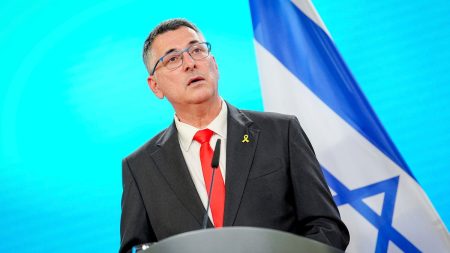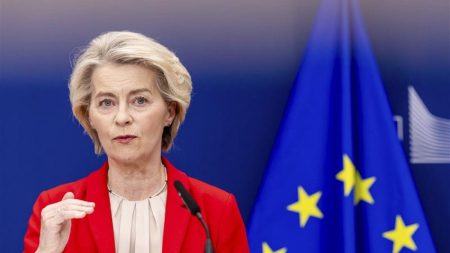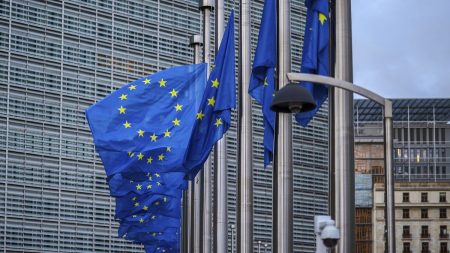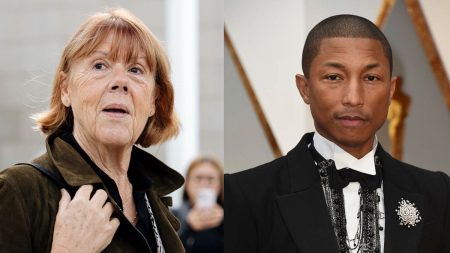The recent victory of Cǎlin Georgescu, an ultranationalist closely aligned with Moscow, in Romania’s presidential election has sparked deep concerns regarding the integrity of the electoral process and possible foreign interference. The Constitutional Court’s certification of Georgescu’s surprising win in the first round has plunged Romania into a political crisis, with allegations of electoral violations and manipulation surfacing almost immediately. His victory, coming with 22.9% of the vote against centre-right contender Elena Lasconi’s 19.2%, raises alarm bells for a nation historically seen as a staunch supporter of NATO and the EU, especially in light of its ongoing commitments to Ukraine amidst the backdrop of Russia’s aggression in the region.
Georgescu’s success has been contested by claims of electoral fraud, notably a recount was initiated after a complaint from fellow candidate Cristian Terhes. His allegations centered on the notion that votes mistakenly assigned to a former prime minister who withdrew from the race were improperly transferred to Lasconi. The court ultimately ruled to confirm the first-round results and to proceed with a runoff election scheduled for December 8, despite the turbulence and intense scrutiny of the electoral process. This upheaval in Romania’s political landscape is compounded by recent parliamentary elections in which the ruling Social Democrat Party and far-right groups have made significant strides, indicating a shifting political dynamic that may influence the presidential runoff.
Beyond the immediate concerns of electoral integrity, Georgescu’s ascent reflects a troubling trend towards increasing polarization in Romania, spurred on by a rise in anti-EU and anti-NATO sentiments coinciding with the Covid-19 pandemic and the escalation of conflict in Ukraine. His campaign has resonated particularly well with younger voters through the use of social media, especially TikTok, prompting scrutiny over the role digital platforms have played in shaping public opinion and voting behavior. Critics point to the need for greater accountability in how platforms like TikTok operate within the context of sensitive political campaigns, and Romania’s media regulators are now calling for investigations into this matter.
In light of these events, the Romanian government has expressed concerns over potential cyberattacks aimed at manipulating electoral outcomes, highlighting Russia’s role as a state actor likely involved in these manipulative efforts. This has led to calls for a robust inquiry into data security and the integrity of the electoral process, particularly surrounding accusations of misinformation and foreign influence during the campaign. The Romanian National Council of Audiovisual is now looking into TikTok’s impact on the elections and has suggested that the platform may need to be suspended should manipulation be proven, raising further questions about the intersection of social media and politics.
The ongoing situation has prompted significant protests from concerned citizens who fear that Georgescu’s rise represents a direct threat to Romania’s democratic values. Many have reacted negatively to his previously made statements that praise nationalist and fascist figures, including admiration for Russian President Vladimir Putin. Such sentiments have galvanized a portion of the population that seeks to preserve Romania’s commitment to pro-Western policies, and they are rallying to ensure that what they perceive as a drift towards ultranationalism does not become a defining characteristic of the Romanian political landscape.
As Romania heads towards a pivotal second round of elections, the collective reactions to Georgescu’s initial victory will be crucial in determining the country’s future political alignment. Observers are keenly watching how these dynamics, coupled with societal shifts and calls for accountability in electoral processes, will unfold. Whether this moment marks a significant transition towards far-right nationalism or a reaffirmation of Romania’s Western commitments remains to be seen, but what is certain is that the ramifications of these recent events will resonate throughout the nation and potentially beyond its borders for the foreseeable future.














